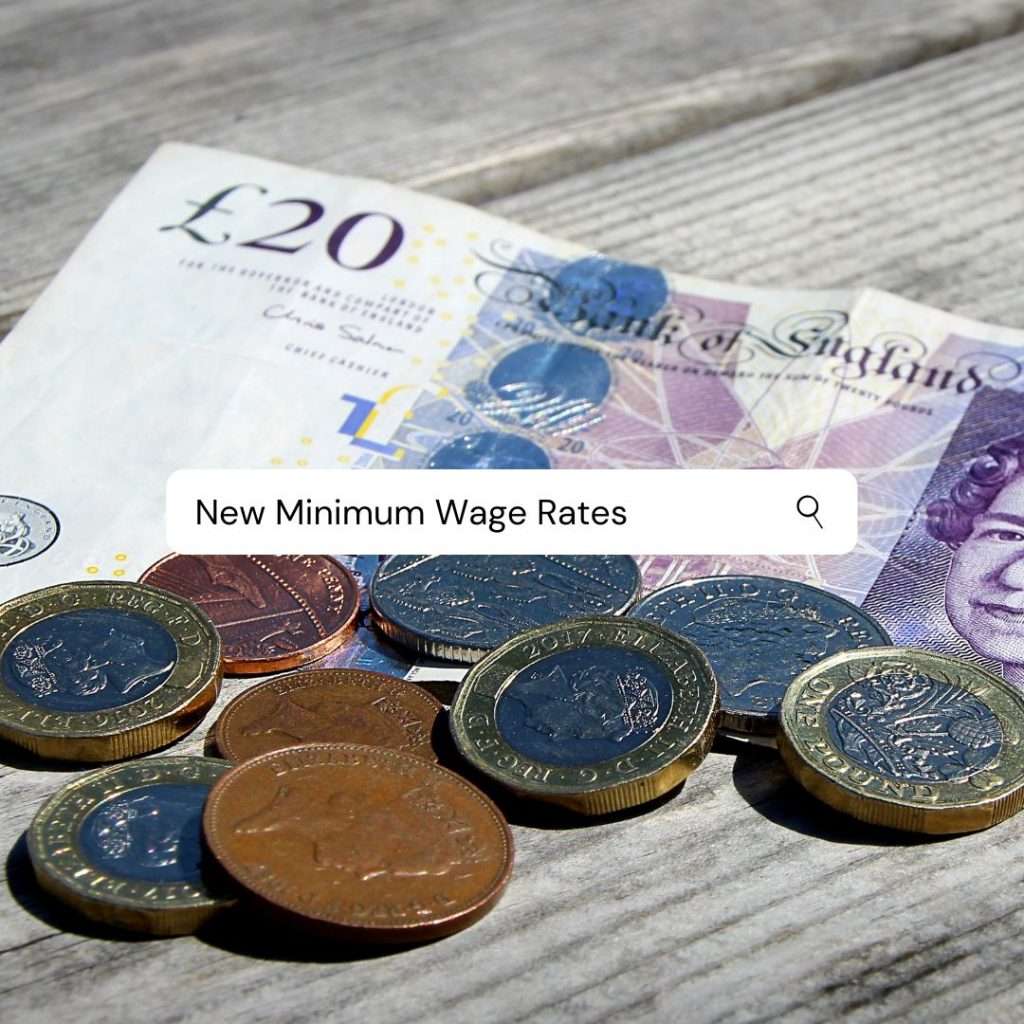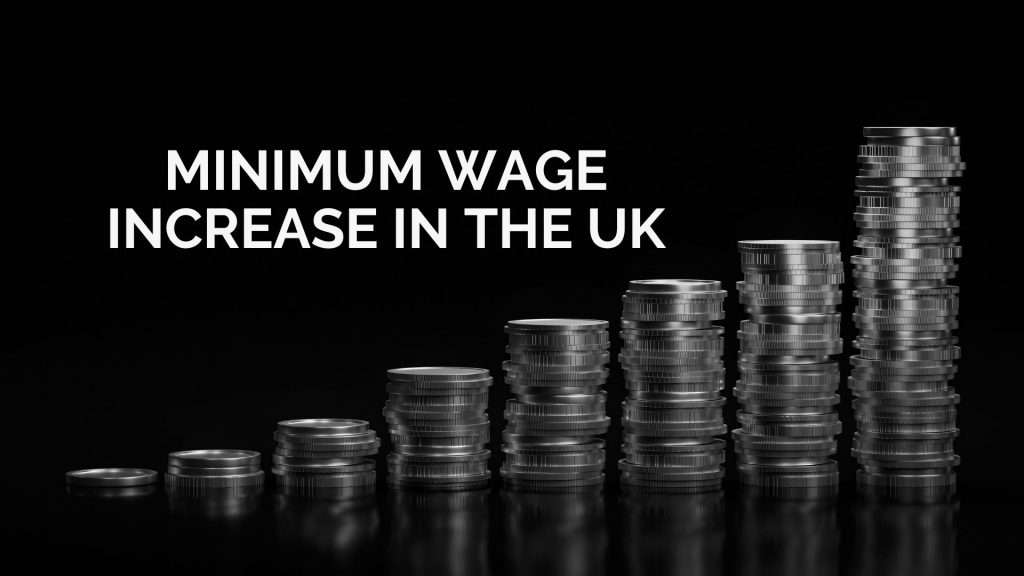With the UK’s minimum wage set to increase by 6.7% from April 2025, workers across the country are set for a significant pay boost. This change will bring the minimum wage for workers aged 21 and older to £12.21 per hour, up from the current rate of £11.44, impacting millions of low-paid workers. Chancellor Rachel Reeves has confirmed that this increase aims to address rising living costs and inflation, making it one of the most notable boosts in recent years.
What Are the New Minimum Wage Rates?
The new rates will apply to different age groups and sectors, as follows:
- Over 21s: From £11.44 to £12.21 per hour
- 18-20-year-olds: From £8.60 to £10 per hour, a record rise of 16%
- Apprentices and under-18s: An 18% increase, taking their hourly rate from £6.40 to £7.55

For more details, see the official announcements from the government and various media outlets:
- The Guardian: National Minimum Wage to Rise by 6.7%
- GOV.UK: Pay Boost for Millions of Workers Next Year
- The Telegraph: Workers to Get Pay Rises Triple the Rate of Inflation
Why Is This Increase Significant?
The 6.7% rise marks one of the most substantial hikes in recent years, responding directly to economic pressures faced by households. As inflation rates have driven up the costs of essentials like food, utilities, and housing, many low-income workers have struggled to make ends meet. The boost will provide a tangible difference for workers, particularly those in sectors like retail, hospitality, and care, where minimum wage roles are prevalent.
Additional reading from various sources highlights the broad significance of this change:
- Sky News: Over 21s and Younger Workers Pay Boost
- The Independent: Minimum Wage Boost in Upcoming Budget
Impact on Different Sectors
The sectors that commonly employ minimum wage workers are likely to feel the effects most strongly:
- Retail: As one of the largest employers of minimum-wage workers, the retail industry may face increased costs, with implications for pricing and staffing. However, this could also mean reduced staff turnover and potentially more motivated employees.
- Hospitality: For businesses in hospitality, where low-wage roles are standard, the increase could lead to adjustments in pricing. This sector has already faced challenges post-pandemic, so some businesses may need to reconsider service fees or pricing structures to manage costs.
- Care Sector: A sector often plagued by low wages, the care industry could benefit from increased staff retention. However, with limited funding, some care providers may struggle to manage the rising payroll expenses without additional government support.

Benefits for Workers
For employees, the wage hike provides a significant financial uplift, particularly for young workers and apprentices. For example, a 21-year-old working 40 hours per week will see an annual salary increase of over £1,500, which can make a difference for those supporting families or paying for education and housing.
In addition to the financial gains, many workers may feel a morale boost from the increased pay, as it reflects a government commitment to valuing their contributions. Furthermore, higher wages often lead to greater economic participation, allowing workers to spend more on goods and services, which can positively impact the economy.
Potential Challenges for Businesses
While the wage increase is good news for workers, small businesses and those operating on tight budgets may find the adjustment challenging. Labour costs constitute a large portion of expenses, particularly for SMEs (small- and medium-sized enterprises), so companies may have to adjust their budgets, consider downsizing, or seek operational efficiencies.
Some additional perspectives on these challenges can be found in:
- BBC News: Full Coverage on Minimum Wage Increase
- Bishop Fleming: National Minimum Wage Changes in 2025
- Check Your Pay Campaign
Preparing for the Change
With the new minimum wage taking effect in April 2025, businesses and workers alike can prepare by considering a few strategies:
- Businesses: Planning budgets in advance, investing in employee training to boost productivity, and exploring government support programs can help offset the additional expenses. Employers may also consider restructuring roles or offering flexible work arrangements to optimize resources.
- Workers: Employees can use this period to upskill, making themselves more valuable to employers. With more companies recognizing the value of skilled labour, those who enhance their skills may find themselves in a better position to negotiate pay or advance in their careers.

Government and Public Reaction
The government has framed the wage increase as a proactive step toward supporting working-class citizens. Chancellor Rachel Reeves emphasized that it’s part of a broader plan to improve quality of life and reduce poverty. Public opinion has largely welcomed the change, though some groups argue that it could strain small businesses already grappling with inflation-driven cost pressures.
Conclusion
The upcoming minimum wage increase in the UK represents a significant step toward supporting workers during challenging economic times. While it presents certain challenges for businesses, it’s expected to offer millions of workers a boost to help cover rising living costs. By fostering a stronger, more equitable economy, the UK government aims to create a more balanced future for its workforce and economy.
For more insights, see additional sources:
About Us
- Akhil Boddu’s YouTube Channel – Follow my vlogs for personal experiences and tips.
- Code With Me YouTube Channel – Explore tech tutorials and coding advice.
- Weblog Trips LinkedIn – Connect with me on LinkedIn for more insights and discussions.
If the information you are looking for is not available here, please contact us. Additionally, follow us on our social media platforms for updates and more information.






